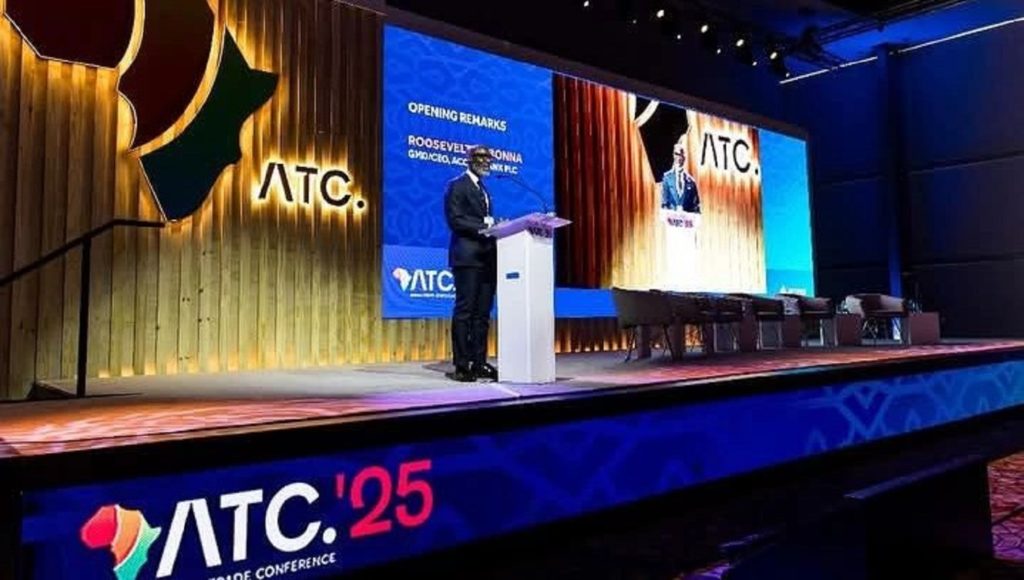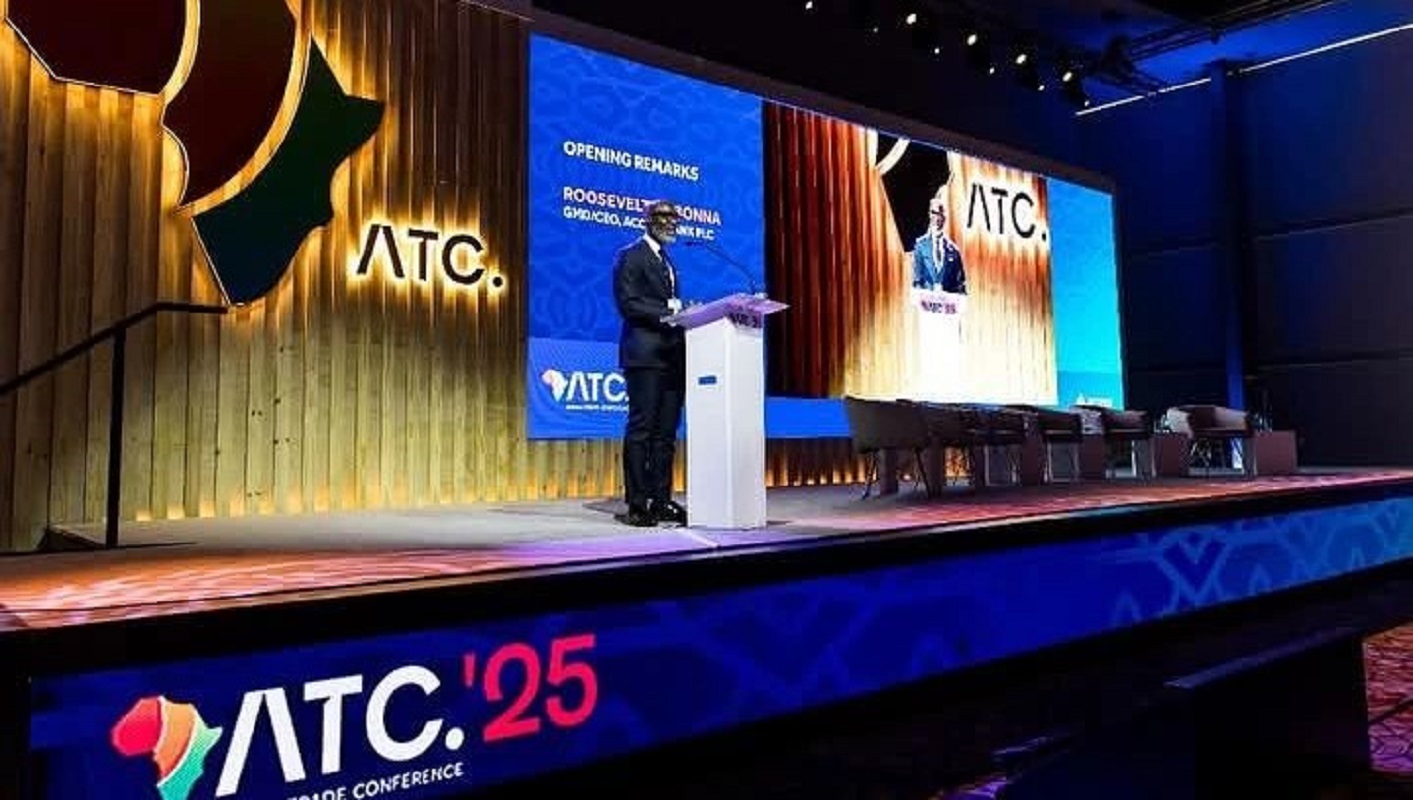At the first Africa Trade Conference, hosted by Access Bank in Cape Town, business leaders highlighted the importance of strengthened cooperation among African countries to address economic challenges and boost intra-African trade. A call for action was issued to overcome structural, financial, and logistical barriers.
On March 12, 2025, Access Bank PLC hosted the inaugural Africa Trade Conference in Cape Town, bringing together policymakers, business leaders, and experts to explore ways to boost intra-African trade and unlock the continent’s economic potential. The meeting aimed to provide practical solutions to current global trade challenges, including the growing fragmentation of international trade relations, and to encourage stronger regional collaboration.

A resilient Africa through cooperation
In his opening address, Roosevelt Ogbonna, Managing Director of Access Bank PLC, spoke of the need for Africa to take control of its economic destiny. According to him, the continent must focus on closer collaboration among its nations, support local businesses, and invest in strong financial and trade infrastructure. Ogbonna emphasized that, in an increasingly fragmented world, Africa must strengthen its trade networks and develop resilience to remain globally competitive.
The leader referred to the disruptions in global supply chains and the rise of nationalism, which have particularly affected Africa. However, he saw these challenges as opportunities for the continent to develop local solutions, support its businesses, and reinvent itself economically.
Access to financing: a major obstacle
One of the central points of Ogbonna’s presentation was the issue of financing. While many African businesses aspire to expand, limited access to capital is a major obstacle. Ogbonna expressed concern about the high cost of financing, noting that businesses struggle to secure affordable funding to grow. He called for an overhaul of the financial services sector to make it more accessible and efficient for local businesses, which should be able to access capital to invest in innovation and expand internationally.
“Creating a self-sustaining financial sector that promotes access to affordable finance is essential to boosting the growth of African businesses and helping them expand beyond local borders,” Ogbonna said.
The crucial role of information and trust
Beyond financial aspects, access to trade information emerged as another major obstacle to the development of intra-African trade. Many African businesses lack the information needed to identify business opportunities beyond their borders. Ogbonna emphasized the importance of technological innovation in bridging this gap, enabling businesses to better understand the market and seize cross-border growth opportunities.
He also addressed the delicate issue of trust among African trading partners. Inconsistent regulations and disparate standards between countries have hampered trade. To overcome these obstacles, Ogbonna called for harmonization of standards and enhanced cooperation to build strong trust in intra-African trade.
Modernize commercial infrastructure
One of the priorities highlighted by Ogbonna is the modernization of the continent’s trade infrastructure. He noted that Africa once had thriving trade corridors connecting its regions to the Middle East and Asia. Today, the situation has changed, and it is often easier for African companies to trade with Europe or North America than to establish trade with other countries on the continent.
Outdated transport infrastructure, regulatory barriers, and logistical bottlenecks hamper the movement of goods across the continent. Ogbonna called for reform of transport networks and better infrastructure management to facilitate regional trade. He emphasized the need to develop modern infrastructure that would enable the free movement of goods, services, and capital across Africa.
A united Africa for the economic future
Closing his address, Roosevelt Ogbonna urged participants to take action to realize Africa’s economic ambitions. He called on governments, financial institutions, and businesses to leverage platforms like the Africa Business Conference to advance the continent’s economic transformation. “Ultimately, we must understand that Africa’s future lies in our ability to work together as a unit. Together, we can create a strong and sustainable business ecosystem that will foster prosperity for all,” Ogbonna concluded.
The Africa Trade Conference, as Access Bank’s flagship event, represents an important step in strengthening economic partnerships, boosting trade, and accelerating the continent’s economic transformation. The road ahead is fraught with challenges, but today’s discussions represent a starting point toward a future where Africa thrives through unity, innovation, and collaboration.




